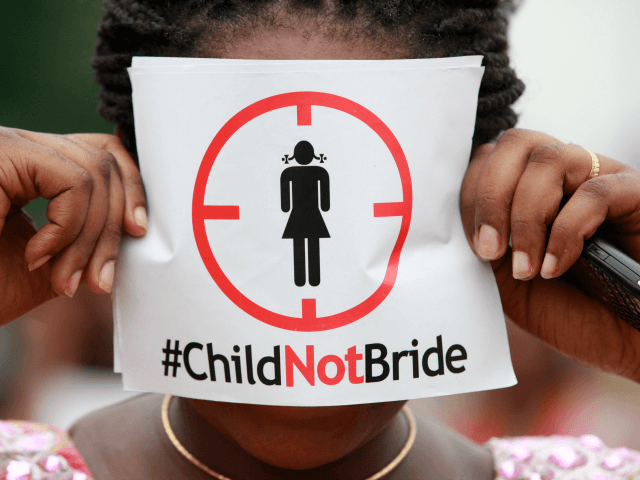Nearly 1,200 forced marriage cases were logged by the government’s Forced Marriage Unit (FMU) last year, new data shows, with the body saying the number “may not reflect the full scale of the abuse.”
Of the 1,196 cases flagged 2017, more than one in four victims were younger than 18-years-old, and one in five were males, the FMU said in a report.
The document reveals that that, since 2012, the unit has logged between 1,200 and 1,400 cases each year, involving more than 90 foreign countries. In 2016, the FMU recorded over 1,400 victims, up from 1,200 in 2015, as reported by Breitbart London.
A massive 439 of the marriages in 2017 either took place or were due to take place in Pakistan, followed by Bangladesh with 129 reports, and 91 in Somalia. The list continues with India, Afghanistan, Egypt, Iraq, Nigeria, Romania, and Saudi Arabia.
Despite the vast majority forced marriages taking part in Islamic states or predominantly Muslim countries, the report “does not provide a breakdown of reported cases to the FMU by religion,” claiming that, “no major faith in the UK advocates forced marriage.”
In 2017, there were 355 cases involved victims under 18-years-old, 353 victims aged between 18 and 25, and 186 cases when the victim involved was just 15 or younger.
In a statement, the FMU told the Guardian: “Forced marriage is a hidden crime, and these figures may not reflect the full scale of the abuse.”
A spokesman for the children’s charity the NSPCC told the paper the figures corroborate reports to their phone help service Childline, which revealed levels of force marriage had hit record levels in August last year.
The said that “children as young as 13 [are] contacting us worried about being forced into marriage yet fearing they will be cut out of their community if they refuse.”
The charity also said the practice was a form of abuse and explained the true scale of the problem was hard to grasp because of a culture of secrecy, shame, and threats.
“The worry and fears children face in this situation can also lead them to self-harm, to run away from home putting them at risk of further abuse, or even to contemplate taking their own lives,” the spokesman added.

COMMENTS
Please let us know if you're having issues with commenting.